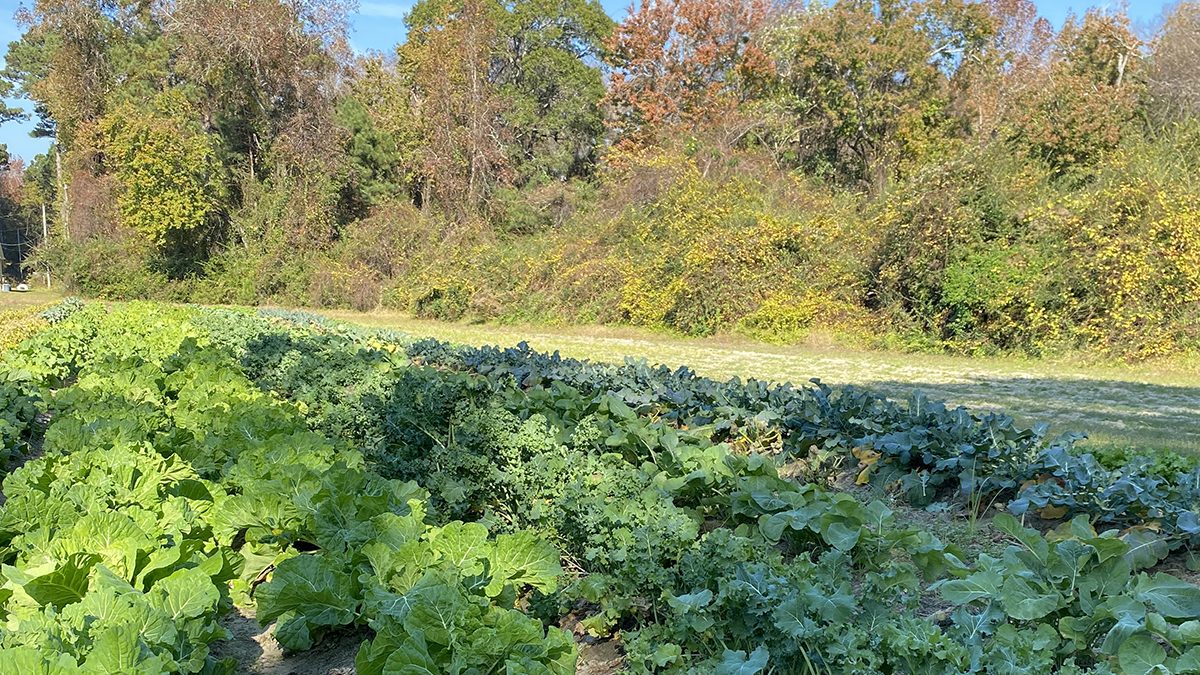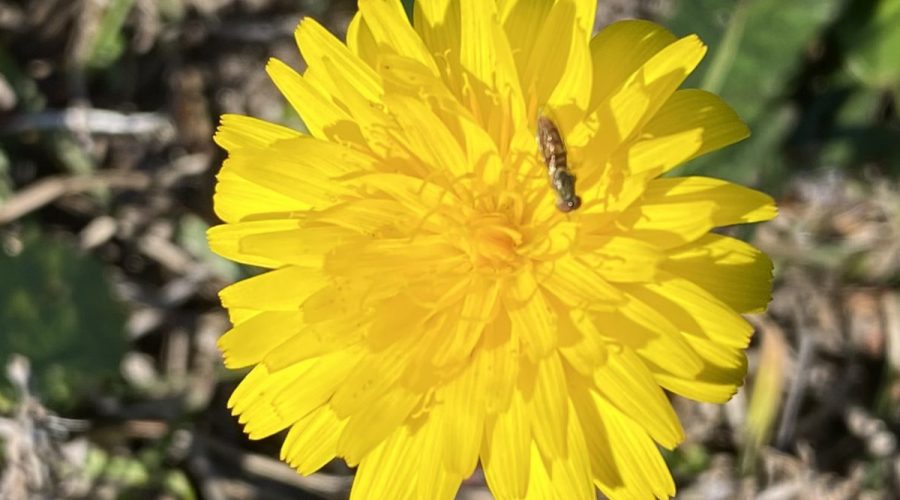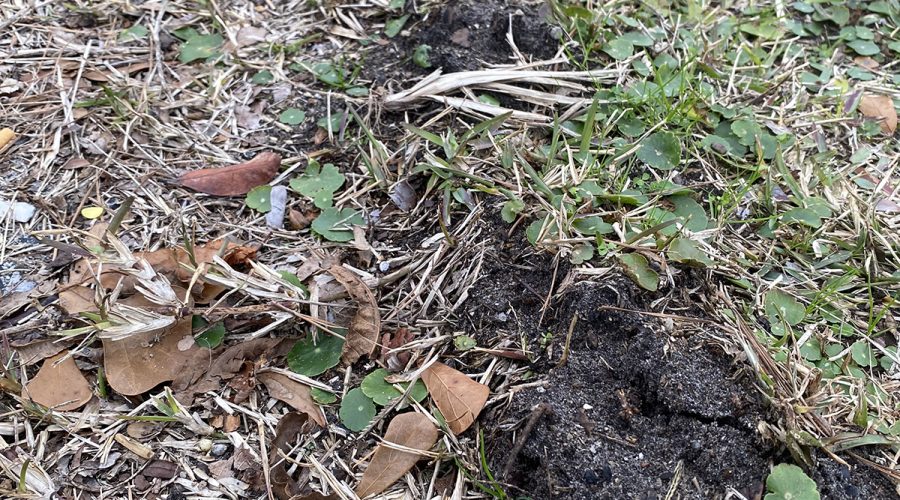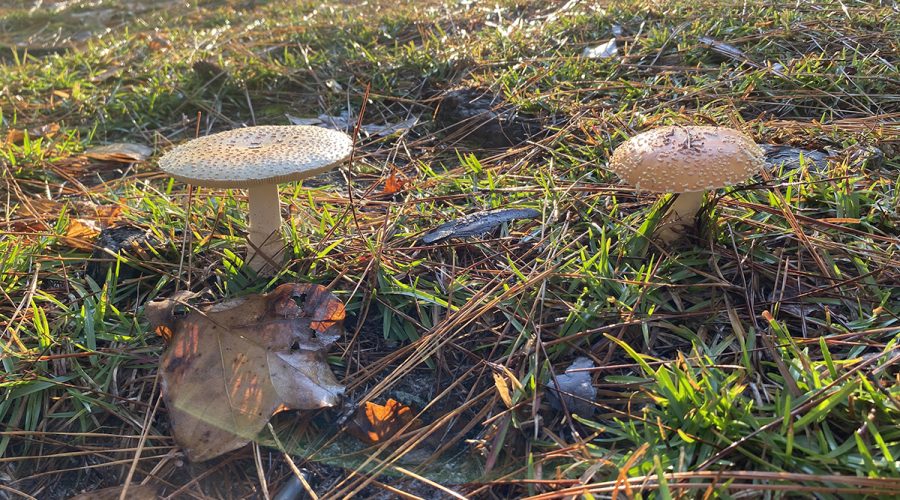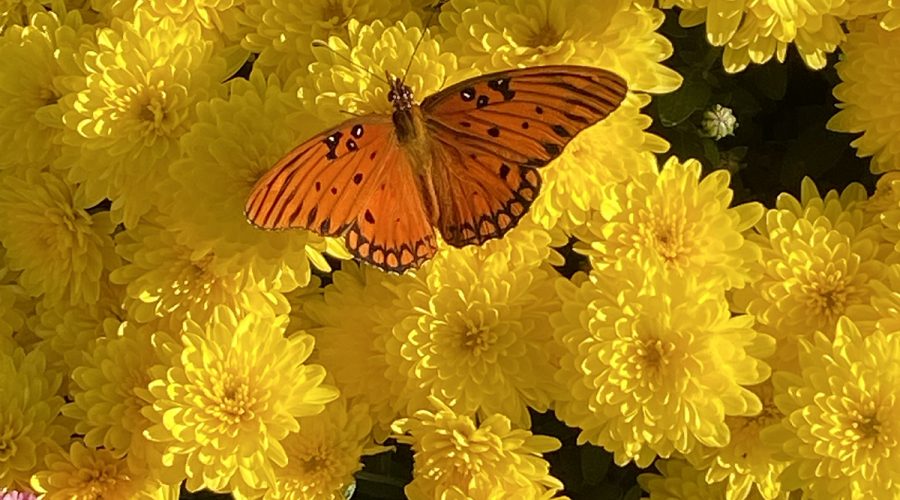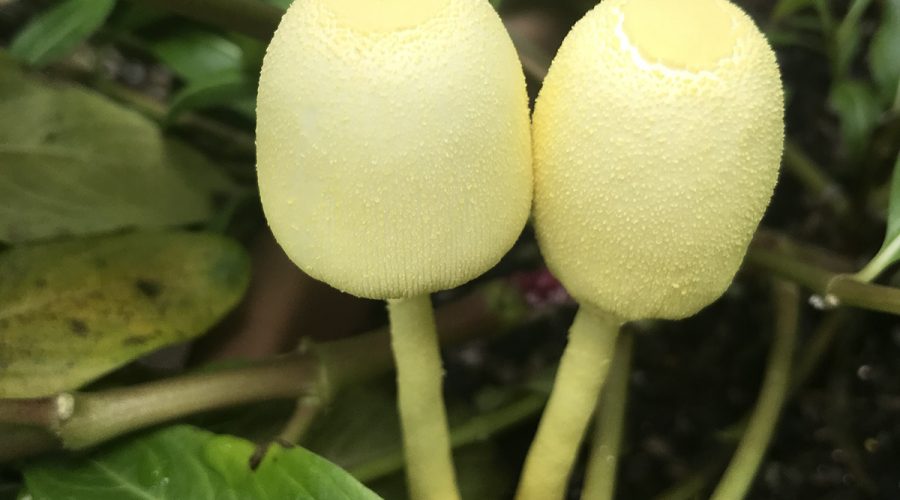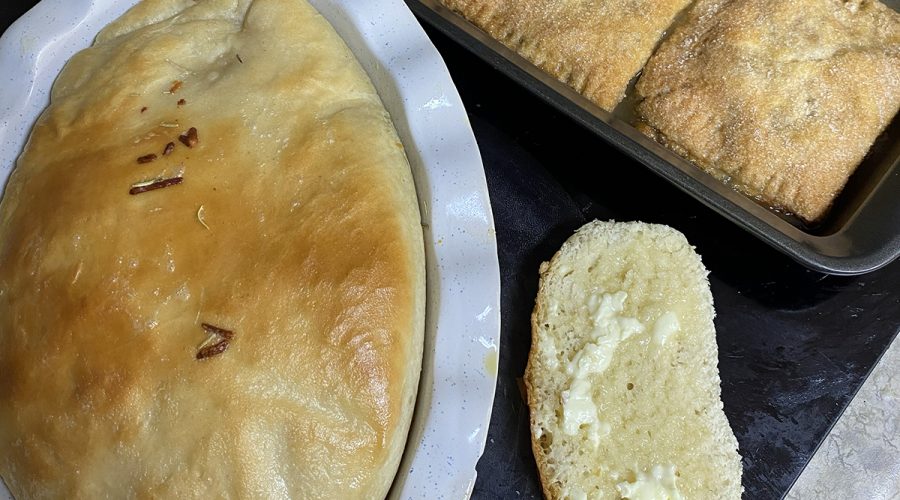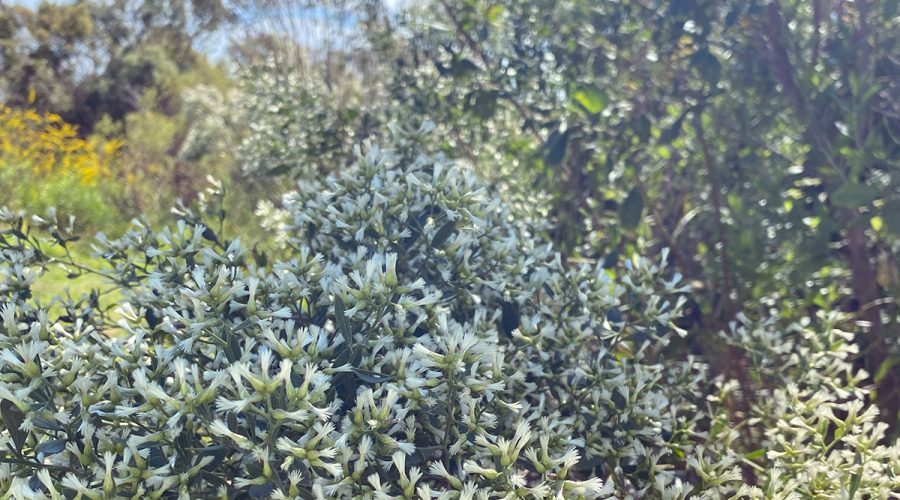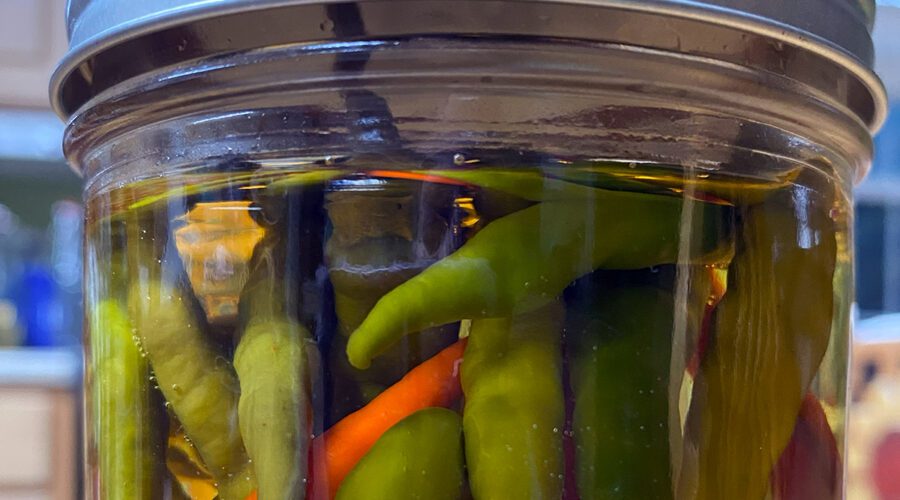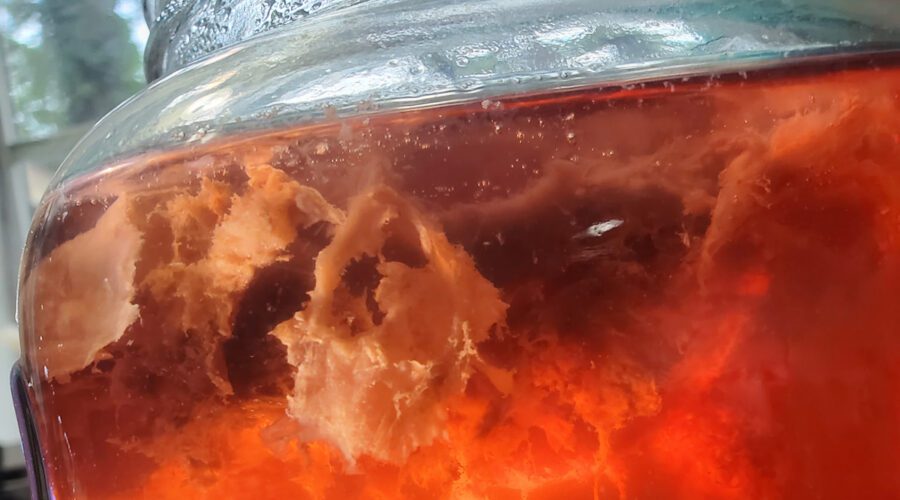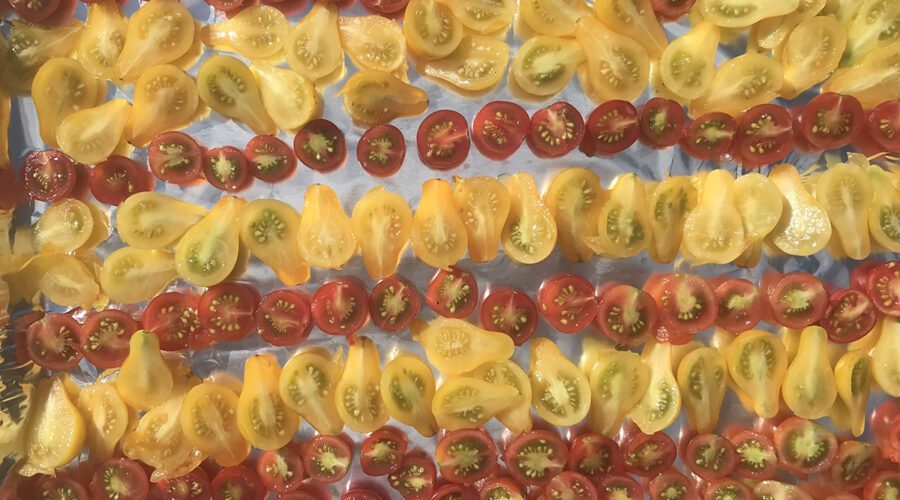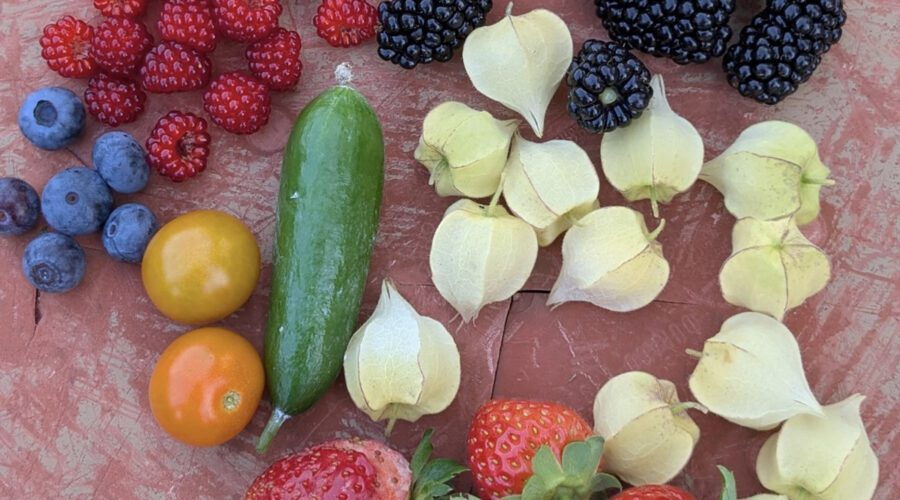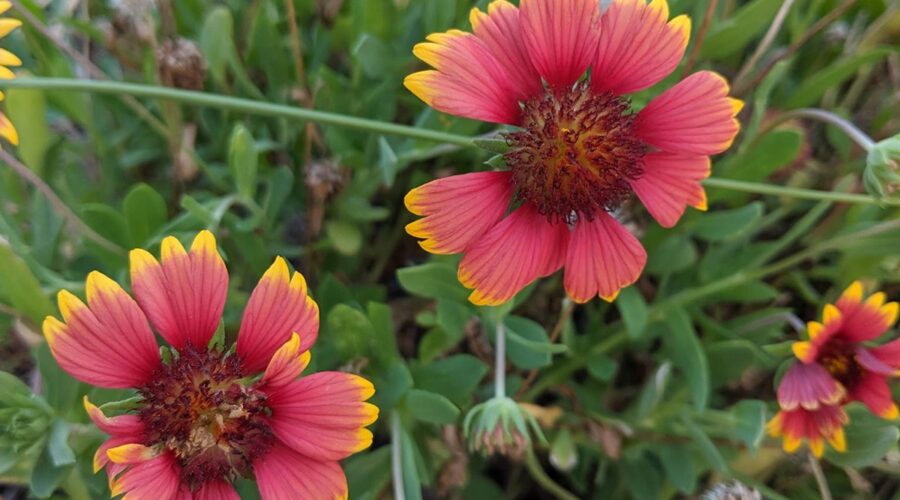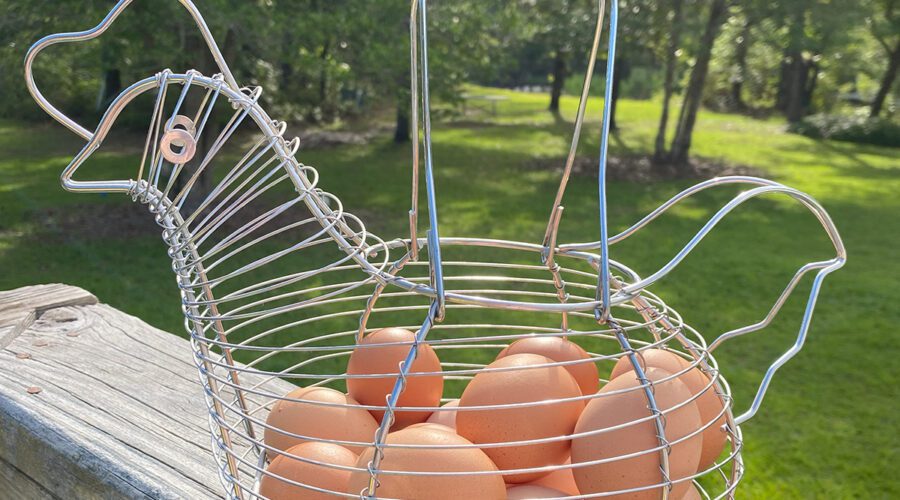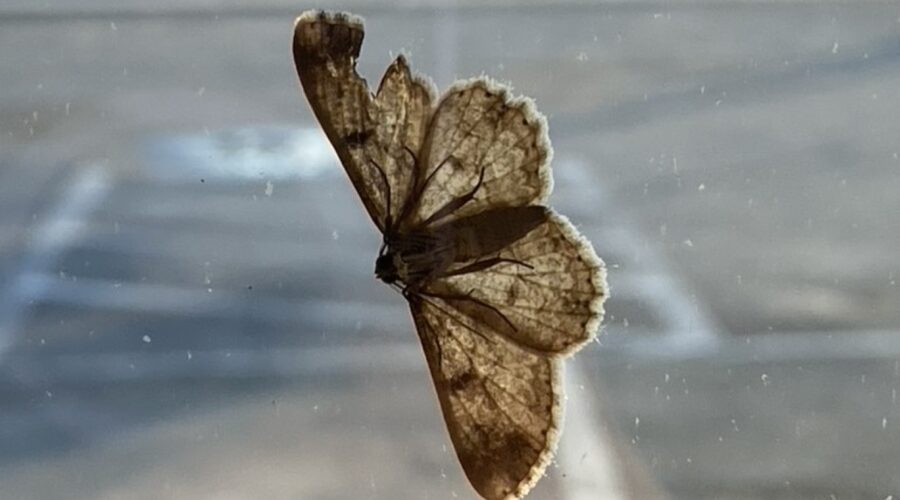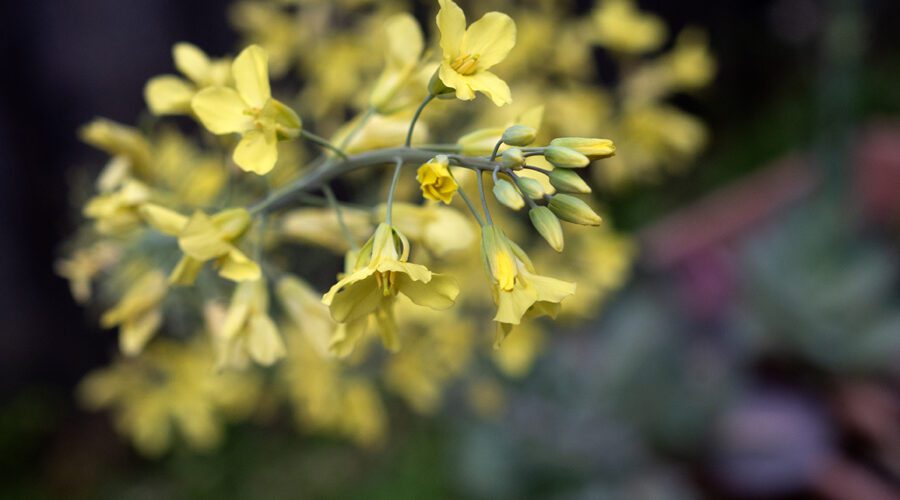If your New Year’s resolutions failed to last longer than the time it took to make them, try telling yourself you’re not going to garden next year.
Wonderful winter weeds are here — whether loved or loathed
Winter is far from devoid of living plants, with all kinds of species thriving throughout, and this is also a good time to brush up on plant-identification skills because many winter weeds are edible, even much-hated kinds.
Life rises from, returns to dirt, and hidden worlds teem below
Dirt is all around us. Under our feet. What we live on. What we build our houses and roads on. Dirt is just … there, something we don’t pay much attention to unless we’re cleaning up a mess somebody tracked in, or planting.
With only days remaining, Autumn’s delights linger on
The way the sun shines has a different quality this time of year, and nights seem strangely darker, but fall reminds us to slow down, take stock of our riches and prepare for the winter ahead.
What about those ‘other’ pollinators? No honey, no sting
Lepidoptera, as they are known to scientists, are familiar creatures that are not only welcome guests in many gardens, they are also essential to certain flowering species’ survival.
Toadstools: Friend or foe? Your best bet is to surely know
Some are beauties, some look naughty, others appear delicious and nutritious while others still will land you in hospital if eaten. Often, and to many, mushrooms are mostly mysterious.
Autumn’s traditional scents, aromas are soul-deep comforts
Humans’ sense of smell is powerful, and scent-triggered memories, such as the aromas of fall foods, can take us back to our childhoods or to any special memories with just one whiff.
Garden visions: Knowing what to look for is part of seeing
Like artists picking out details others can’t always see, gardeners pick up on things others miss — an invaluable skill in times past, when grocery stores were few and far between, much less fresh produce — when knowledge about plants could literally mean the difference between making it through the winter or starving to death.
Relish a good pickle? Ancient preservation methods still work
Fruit ciders, vinegars, relishes and pickled vegetables — these time-tested methods for preserving foods share similarities, but there are also delicious differences.
Sour Cabbage? There’s history, benefits in that sauerkraut jar
Food fermentation is an ancient and invaluable form of preservation that’s still used to enjoy vegetables beyond their season, and it produces beneficial bacteria.
Enjoy that bountiful harvest long after growing season ends
You worked hard in the garden — or you supported a nearby farmstand — and there are ways, many rooted in tradition, to savor those fresh tastes all year long.
Ready or not? Know when it’s harvest time in your garden
Many, but not all, above-ground garden goodies give obvious signs of ripeness, still others give signals too, if you know what to notice.
Terms of endearment: Understand common gardening jargon
Maybe it’s lingo, or terminology, but whatever you call it, referring to crops’ scientific names can yield helpful clues, and so with an understanding of Earth’s natural satellite.
‘Egg drop challenge’ launches ‘egg-cellent’ questions
The incredible, edible egg is also breakable, but at what height? Heidi Skinner has some questions about a Massachusetts Institute of Technology study on the “egg drop challenge.”
Don’t be bugged by bugs, they show us if a garden is healthy
In today’s Budding Wisdom, Heidi Skinner writes about the two kinds of bugs: “the ones we love and the ones we loathe” and “whether we like them or not, insects definitely have their place.”
For gardening success, it’s all about timing — and old wisdom
The endless old sayings about when to plant are never failsafe, but there is ancient understanding of the natural world, and following its cycles can improve your odds, no matter what kind of gardener you may be.

